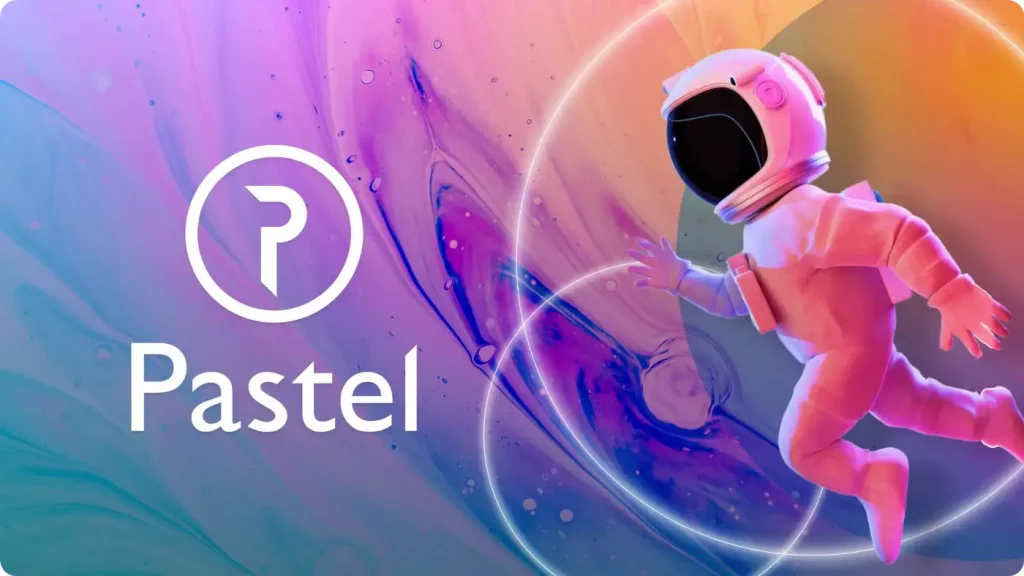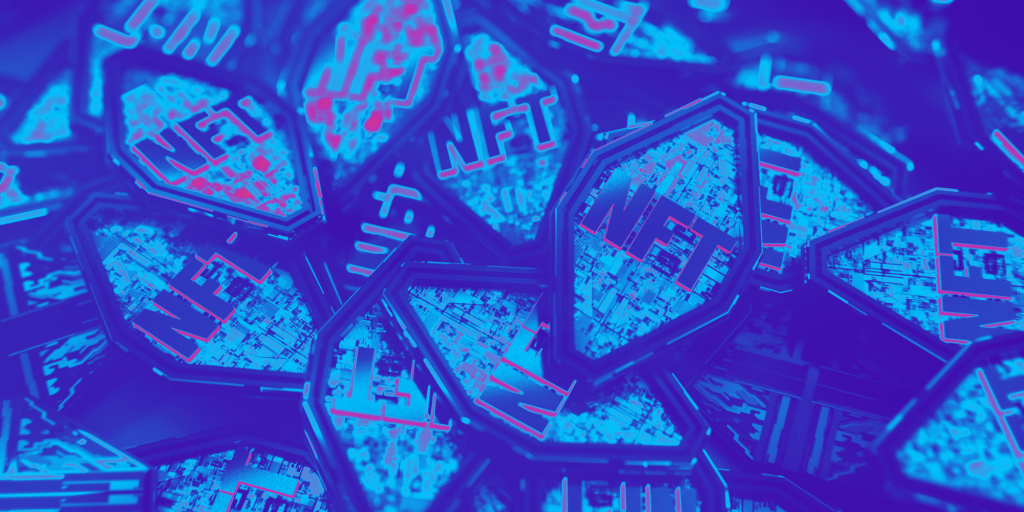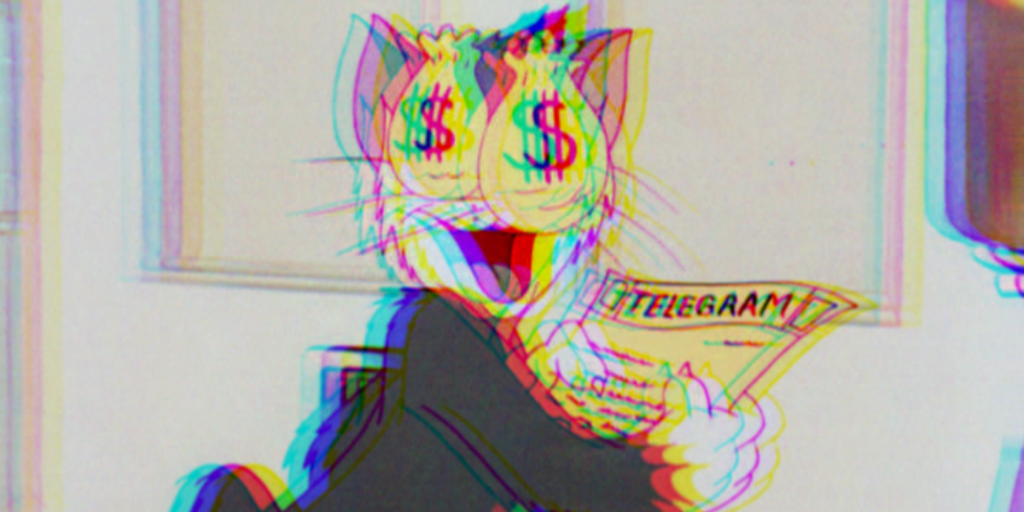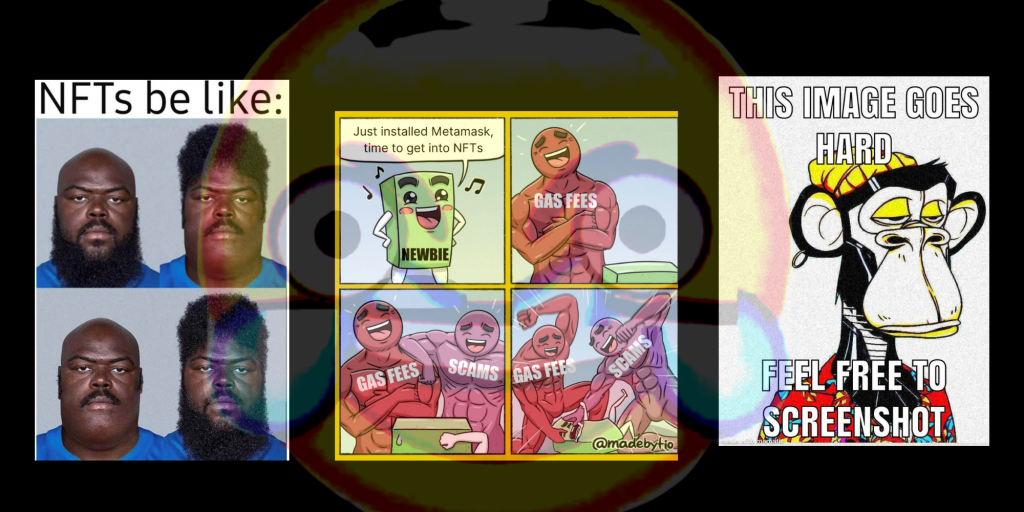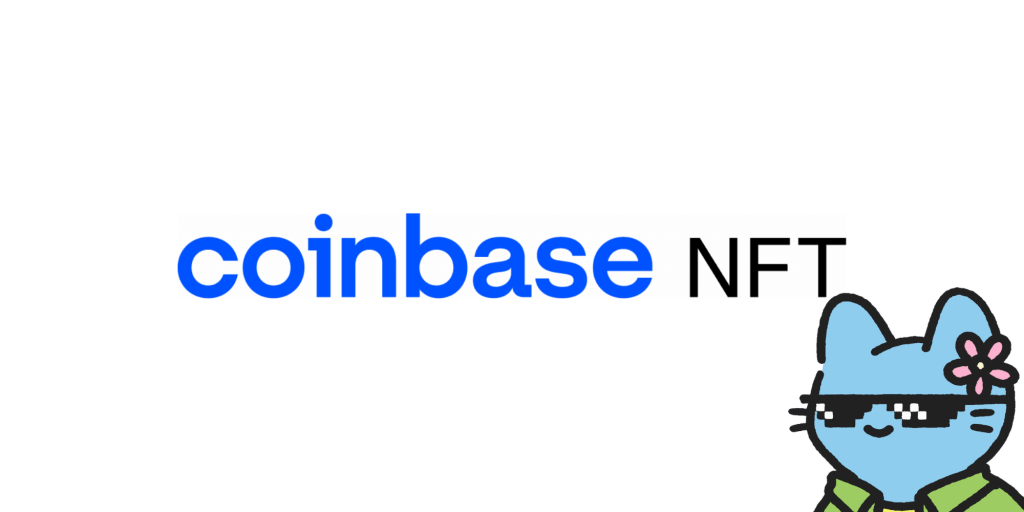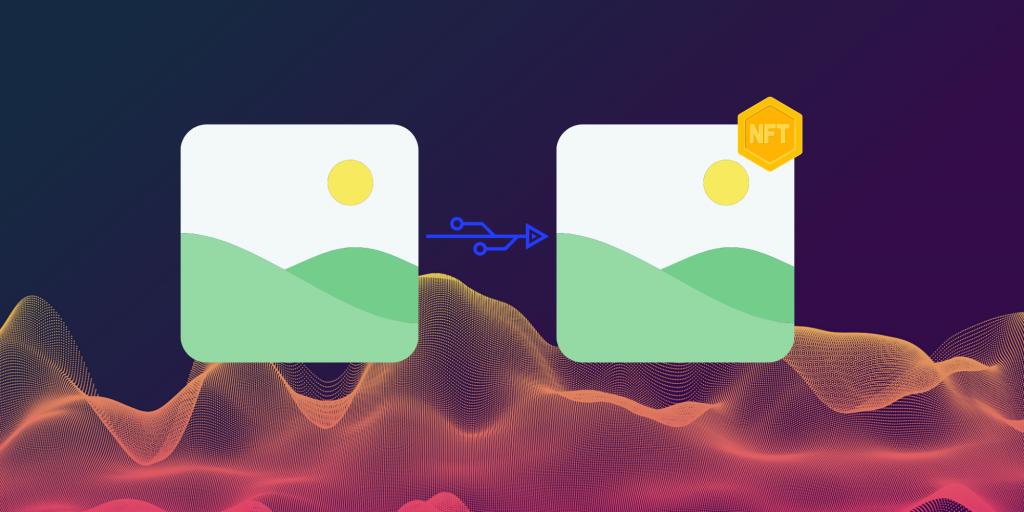With so much recent activity in the NFT art space, it may seem tricky to separate the concept of NFTs from the lucrative flipping of JPEGs and GIFs.
It shouldn’t be a surprise that the topic of NFTs often brings up a few consistent data points:
- Memes like Nyan Cat selling for $580,000.
- Graphic Designer Beeple’s art selling for $69 million.
- Squiggles selling for tens of millions
An NFT is simply just a token on a blockchain that identifies something unique; this “something†can be anything from a house to the legal rights of an idea.
The following article explores how NFTs stand to revolutionize a few industries ripe for renovation.
Why NFTs?
NFTs are unique digital tokens in that they can carry data stored in an immutable blockchain ledger; this data specifies a .JPEG, MP4, or .TXT of a contract.
Every time a specific NFT token goes through a transaction, the blockchain adds a new block to the blockchain with the new owner’s information. This chain of transactions allows one to trace the ownership of digital assets throughout the entirety of its history.
Keep the following features of NFTs in mind before we go through the top future NFT use cases:
Indivisible: The “non-fungibility†of NFTs means that they cannot be broken down into sub-assets– you technically can’t cut a CryptoPunk into a dozen pieces. However, there can be fractional ownership of a single NFT; multiple people can share a percentage of the NFT through other mechanisms.
Verifiable: The blockchain gives anyone the ability to verify the authenticity of a digital asset, no matter how many times it has changed hands.
Indestructible: Since an NFT exists solely on the blockchain, it cannot be destroyed. For example, let’s say you buy a Cool Cat NFT for the ETH equivalent of $15,000. You decide to buy a digital frame for $150 and put it on your wall. If a burglar breaks in and steals your frame, you only lose the frame; the NFT would still exist on the blockchain.
#1: Real Estate
Real estate is an industry entrenched in traditional, inefficient processes. The actual ownership of physical real estate alone is a sub-sector of the industry exhausted by outdated practices. For example, in order to prove you own a property, you’d use a title deed document to prove so. If it’s misplaced, or its record cannot be found online, you could find yourself riled in legal disputes and complexities.
All of this can be avoided by using NFTs. Since these tokens digitally represent assets, such as land, buildings, or even rooms, tracking the ownership and authenticity of a tokenized property would be possible from anywhere in the world.
One such startup, Propy, is already utilizing NFTs for real-estate transactions.
It’s worth noting that NFTs are also being used to represent virtual land ownership, as seen on projects like Decentraland.

#2: Ticketing
If you’ve ever bought a ticket to see a concert or sporting event online, you’d get a quick glance at one of the most visible ticket industry problems– the “convenience†fee that sometimes amounts to 20% to 30% of the transaction.
Even worse, the moment in-demand tickets go for sale online, the site is flooded by scalpers and bots trying to buy as many tickets as they can to flip them for higher prices in secondary markets.
And in these secondary markets, one out of ten people is likely to get scammed; they frustratingly find out at the event gates– potentially hours of travel, waiting in lines, preparation, and excitement only to find out you got ripped off.
NFTs solve most of these problems.
For one, NFTs play nice with other blockchain-based solutions, which tend to disintermediate the middle-man ticketing companies charging a third of the ticket price in convenience fees.
Second, NFTs offer immediate authenticity verification and secure owner transfers. This is an incredibly valuable feature on secondary markets– NFTs make trust the default in a trustless environment.
#3. Domain Name Ownership
Blockchain-based domains, usually represented by NFTs, play a very important role in domain ownership.
For starters, NFT domains are owned by you, not rented. No one actually owns a domain, which is a tricky concept– you pay to register your domain with a domain name registrar, but not even registrars own the domain. These registrars are delegated the management of top-level domains like “.com†or “.uk†by ICANN (Internet Corporation for Assigned Names and Numbers).
Traditional domain name ownership is a rabbithole, but in a nutshell, the whole system only works because everyone in it agrees that it should.

Modern domains can be incredibly valuable– the most expensive sale yet was $872 million for Cars.com.
The problem NFTs solve is that domain name ownership is centralized and vulnerable to centralization. If someone (i.e. the government) wants a specific domain shut down, it can probably get it done with limited complications.
Alternatively, NFT-based domain owners pay a one-time registration fee (compared to an annual renewal cost) and own the domain.
The domain is stored in a wallet just like a cryptocurrency coin or token, and no one can take it from you unless your wallet is hacked.
In practice, your NFT-based domain points to content stored on a decentralized storage network.
NFT Domains can be purchased through retailers like UnstoppableDomains or on marketplaces like OpenSea.

#4: Intellectual Property and Patents
Some of the most valuable assets in the world don’t actually exist in the real world, which makes proving or splitting ownership among multiple parties a nebulous task.
Intellectual property and patents are very illiquid, and disputes around ownership or sale can require mountains of paperwork and hundreds of billable legal hours.
Not only can NFTs be used to represent ideas on the blockchain, they can also seamlessly fractionalize this ownership among multiple parties.
The application of NFTs to IPs and patents is still in its nascent stages, but there are a few notable projects making rapid progress, and NFT licensing framework is setting the stage for future innovations.
The most notable progress is by IBM’s collaboration with an IP ecosystem platform called IPwe; the organizations are attempting to tokenize patents so patent owners can enable their trading on safe and accessible marketplaces.
Final Thoughts
While the above NFT applications are some of the hottest today, this list is by no means exhaustive. If this article is outdated by the time you read it– good, that means we were right.
Any industry that needs verifiable authenticity will also benefit from the immediacy, finality, and transportability of NFTs.
When updating this article in the future, you’ll see a heap of new use cases emerging from public, private, and government sectors, and hopefully with progressive policies regarding the NFT space.
For now, we anticipate the NFT conversation will continue to be dominated by the most aesthetically consuming and appealing applications of NFTs, but we expect the popular “XYZ Art NFT sells for $50 Million†headlines of today to slowly start morphing to “$114 Million Bel Air Mansion Sells as NFT†or “Rare Metallica Back-Stage Pass Sells for $10M†to become commonplace.
